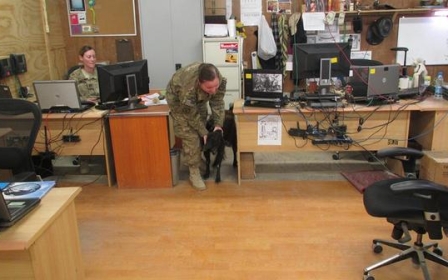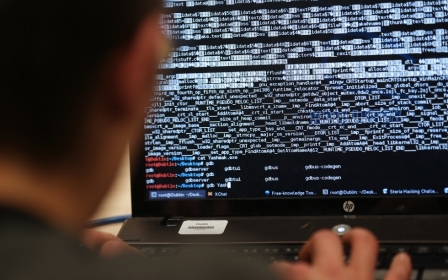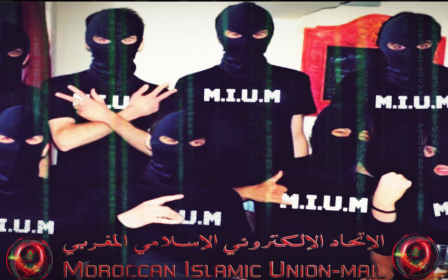North African hackers infiltrate 100s of French websites

France has witnessed a spate of cyber-attacks in recent days, carried out by hackers claiming to be from North Africa and Mauritania.
Since last week’s deadly attacks which began with the storming of satirical weekly Charlie Hebdo in Paris on Wednesday and ended on Friday after 17 people had been killed, hackers have taken aim at scores of local council, school, churches and local businesses.
Users who have tried to access these sites have found themselves viewing messages such as: “There is no God but Allah", "Death to France" or “Death to Charlie” a reference to the Charlie Hebdo magazine, which will tomorrow publish its first addition since the deadly attacks on its offices and has vowed to put a cartoon of the Prophet Mohammed on the front with the phrase “All is Forgiven”.
"We are facing groups of activists who are forming and dissolving very quickly," said Gerome Billois, a cybersecurity expert at French consultancy firm Solucom.
In one instance, users trying to access the regional authority website in Lot, near Bordeaux in south-west France, found themselves redirected to a fundamentalist website. A Tunisian group calling themselves "Fallaga Team" claimed to behind this incident.
A website showing a message in Arabic and another in French which said "I confirm that there is only one God and that is Allah. I confirm that Mohammed is the messenger of Allah" replaced the home page of the Caen Memorial, a museum and war memorial in the northern town of Caen.
"We are facing groups of activists who are forming and dissolving very quickly," Billois told AFP.
"I can't remember having seen such a big hacking campaign in such a short period of time," he said, adding that "several hundreds of sites had been affected".
Thierry Karsenti, the European technical director at cybersecurity firm Checkpoint, also told AFP that the hit websites all had low levels of security
The hacking affair in France, comes as a group declaring sympathy for Islamic State (IS) militants hacked America’s Central Command's social media accounts on Monday, forcing the military to take down the command's Twitter feed.
In an embarrassing propaganda jab at the US military, a black-and-white banner with the image of a hooded fighter and the words "CyberCaliphate" and "I love you ISIS" – another acronym used by the group – which was set up to replace Central Command's usual logo.
But the Pentagon played down the effect of the hacking, saying it amounted to little more than digital vandalism and that no sensitive military computer networks were penetrated.
"Centcom didn't get hacked. Twitter got hacked," Colonel Steven Warren told reporters.
"It's important to keep this whole thing in perspective. This is little more than a cyber-prank. It's an annoyance," he said. "It in no way compromises our operations."
New MEE newsletter: Jerusalem Dispatch
Sign up to get the latest insights and analysis on Israel-Palestine, alongside Turkey Unpacked and other MEE newsletters
Middle East Eye delivers independent and unrivalled coverage and analysis of the Middle East, North Africa and beyond. To learn more about republishing this content and the associated fees, please fill out this form. More about MEE can be found here.




